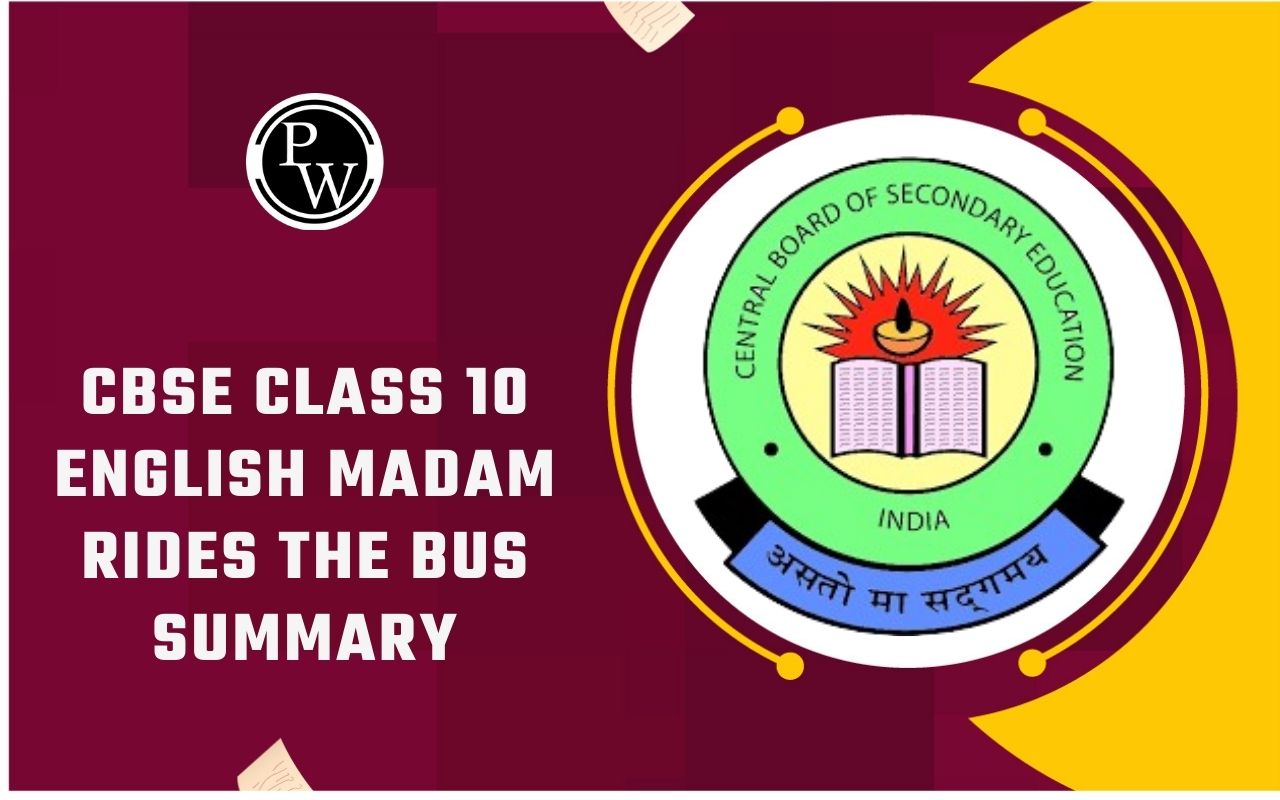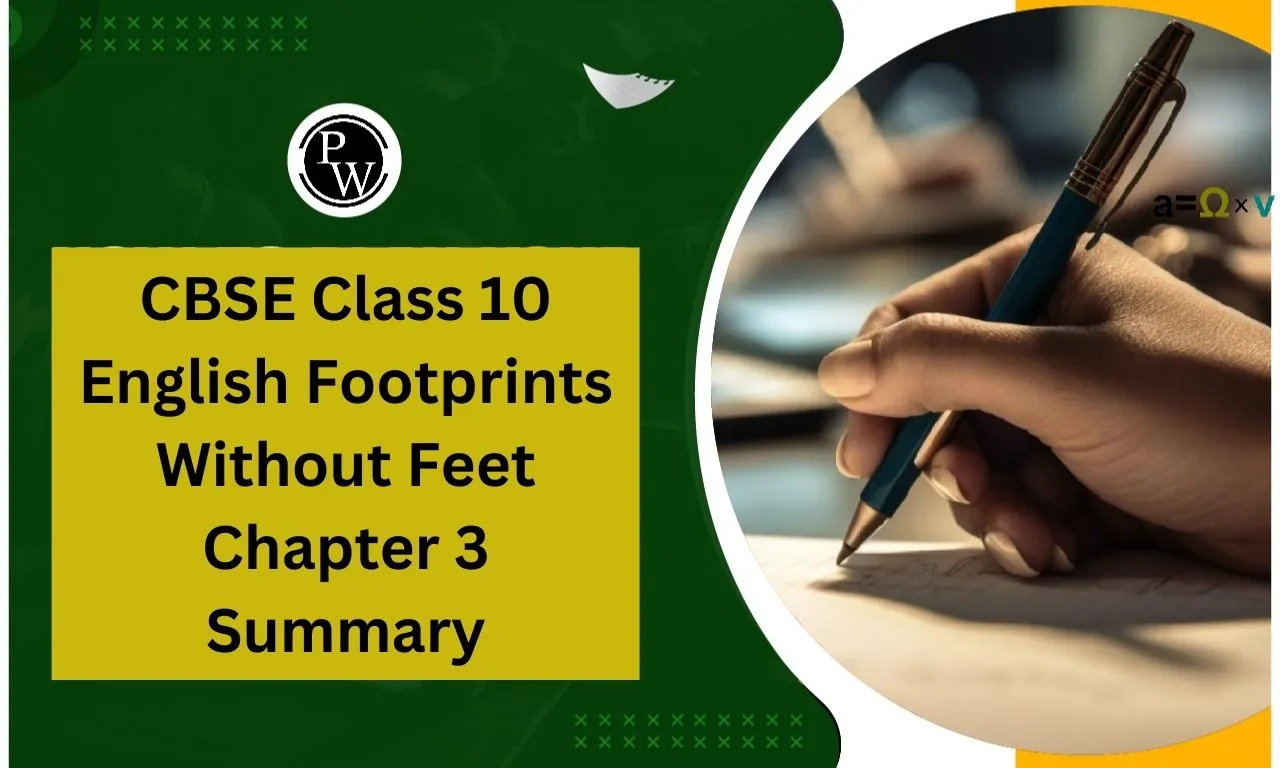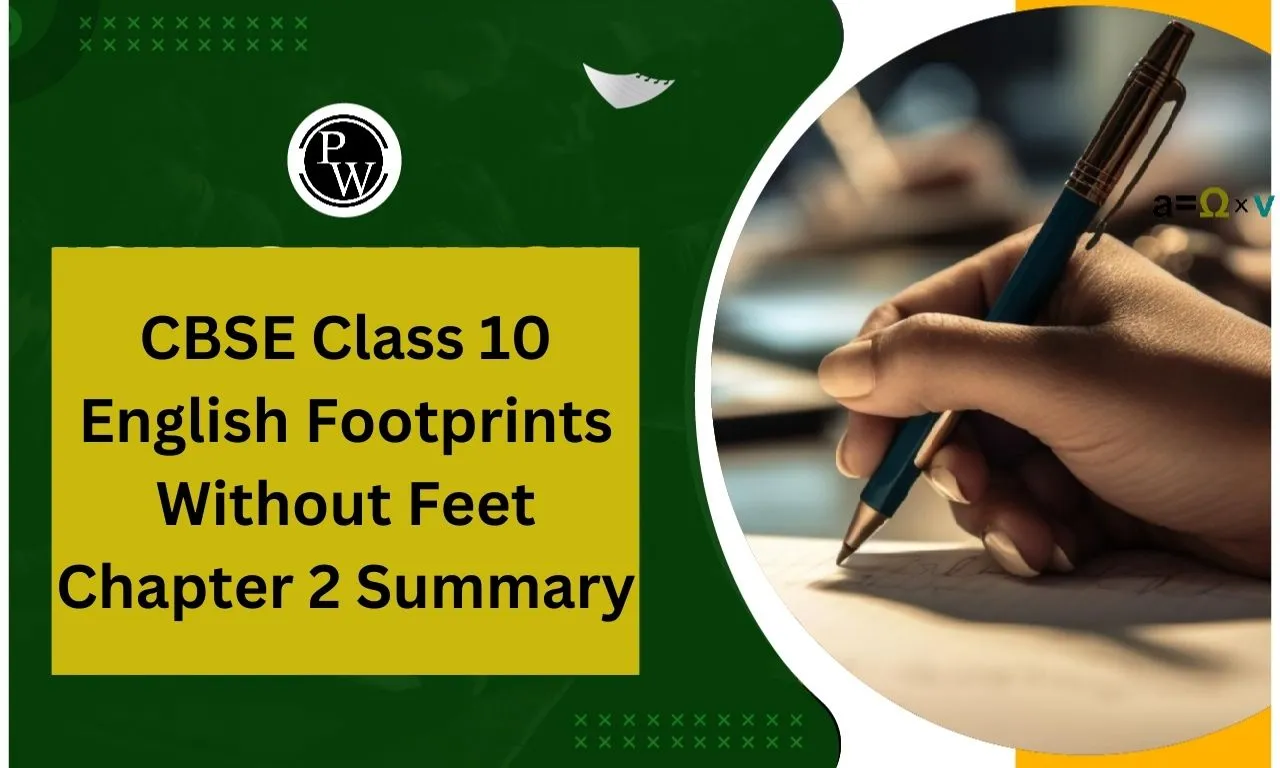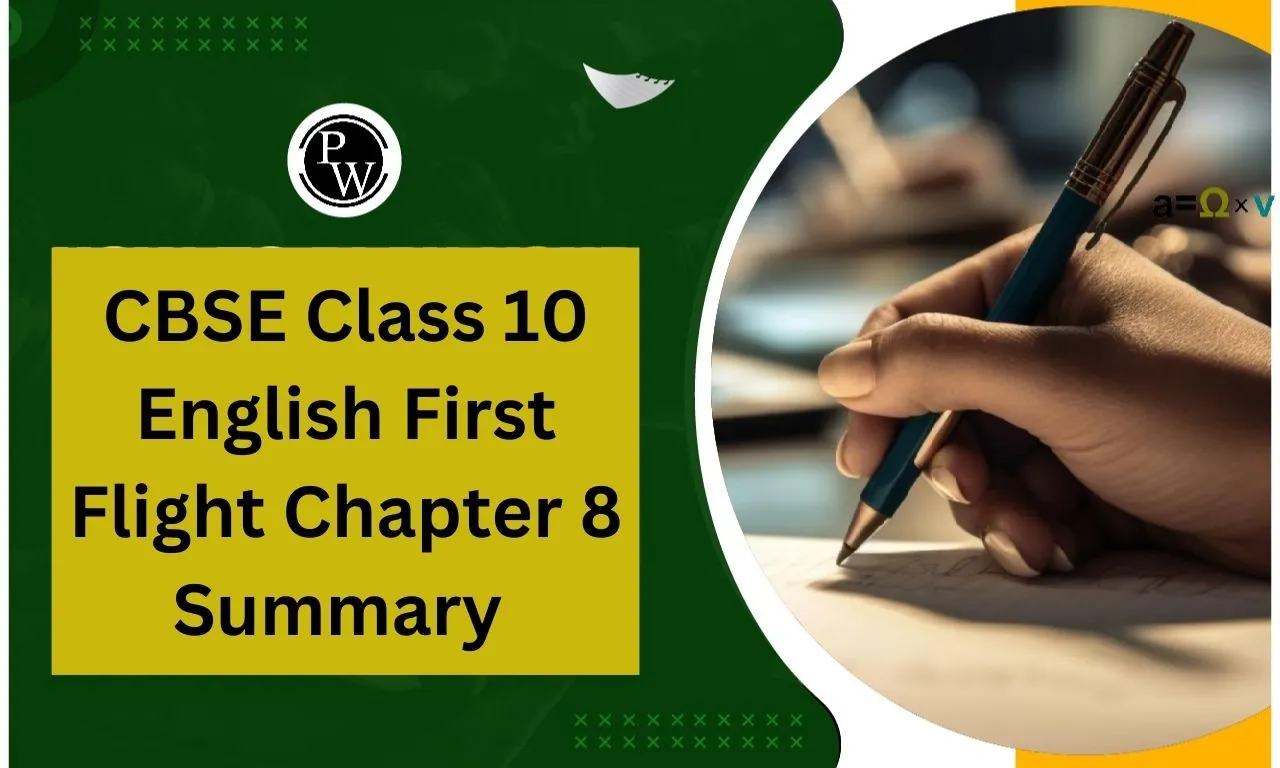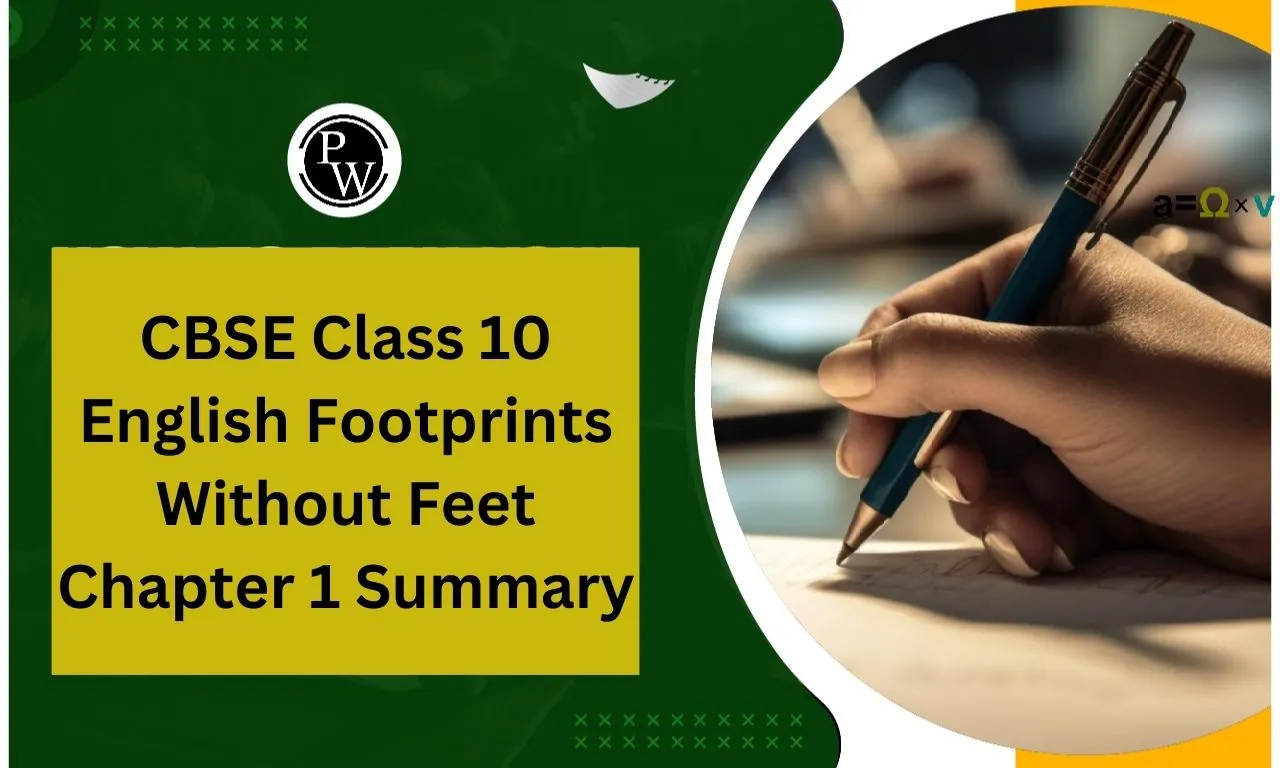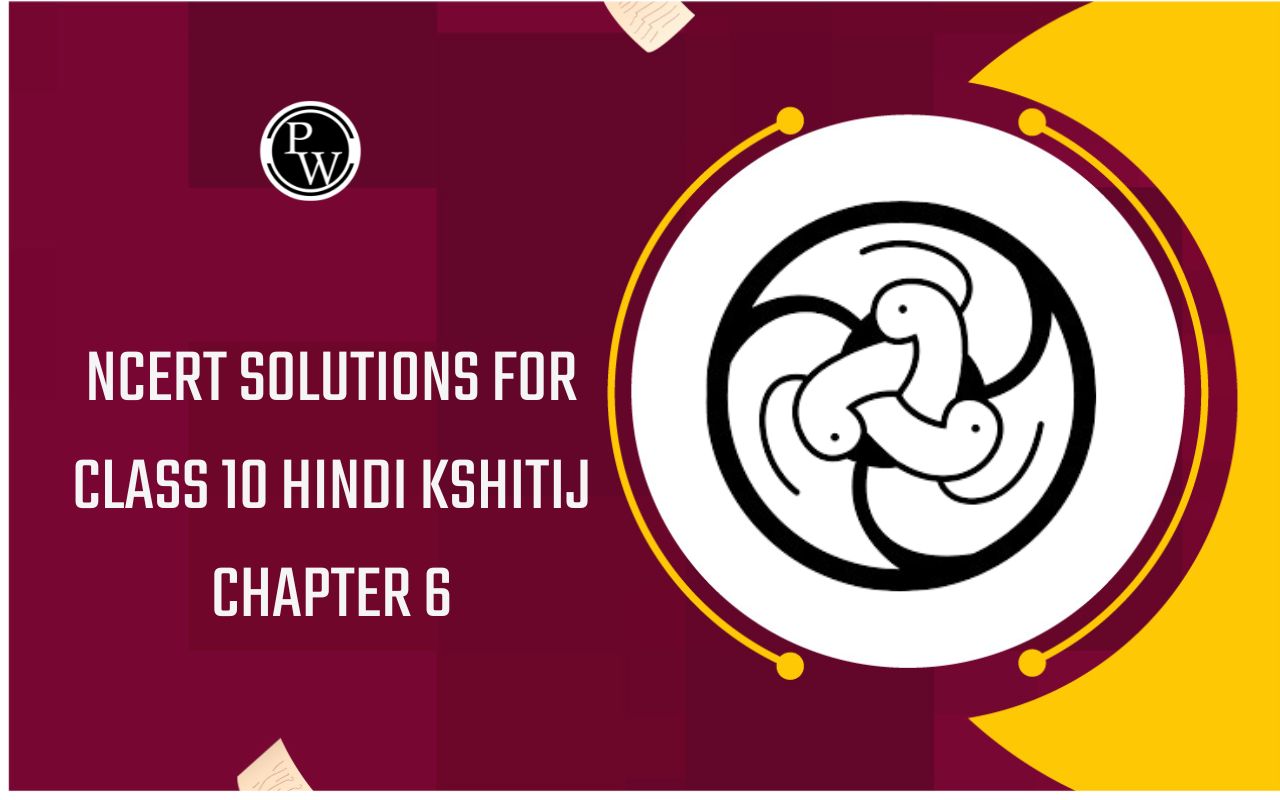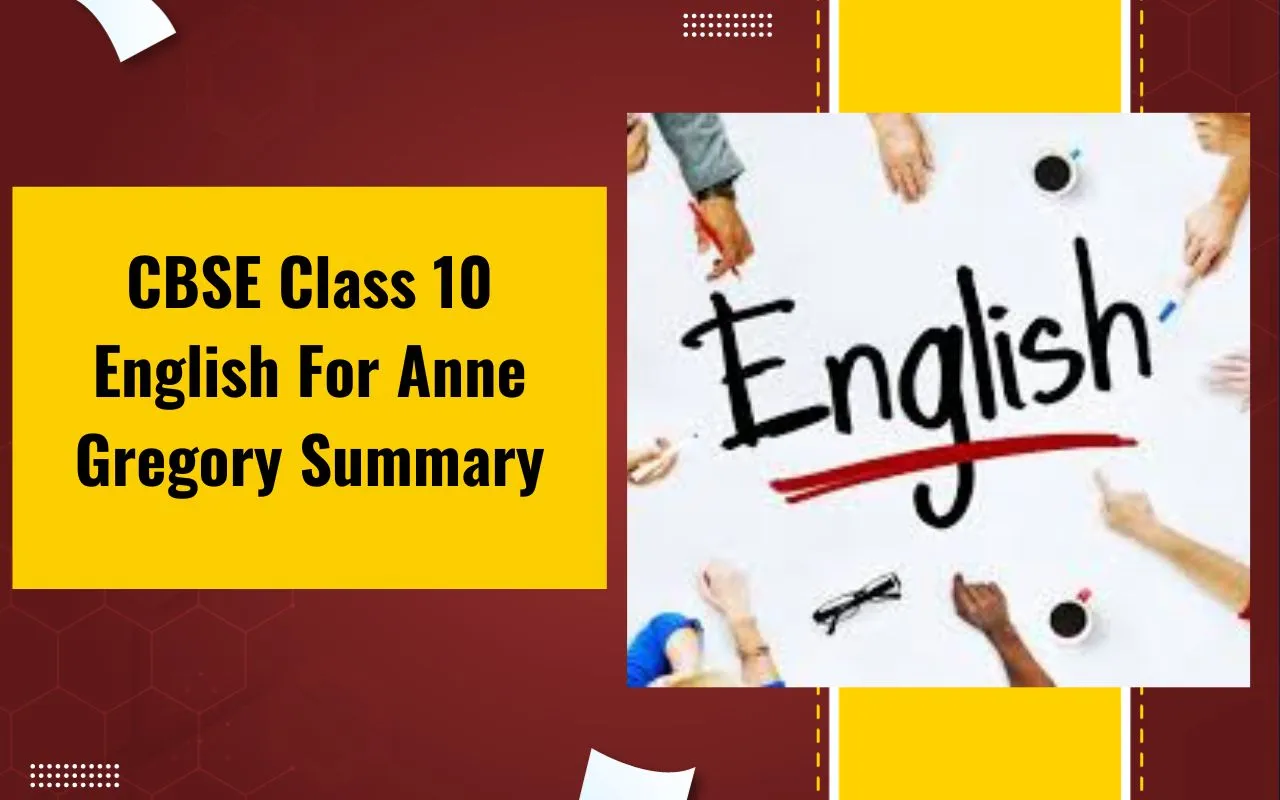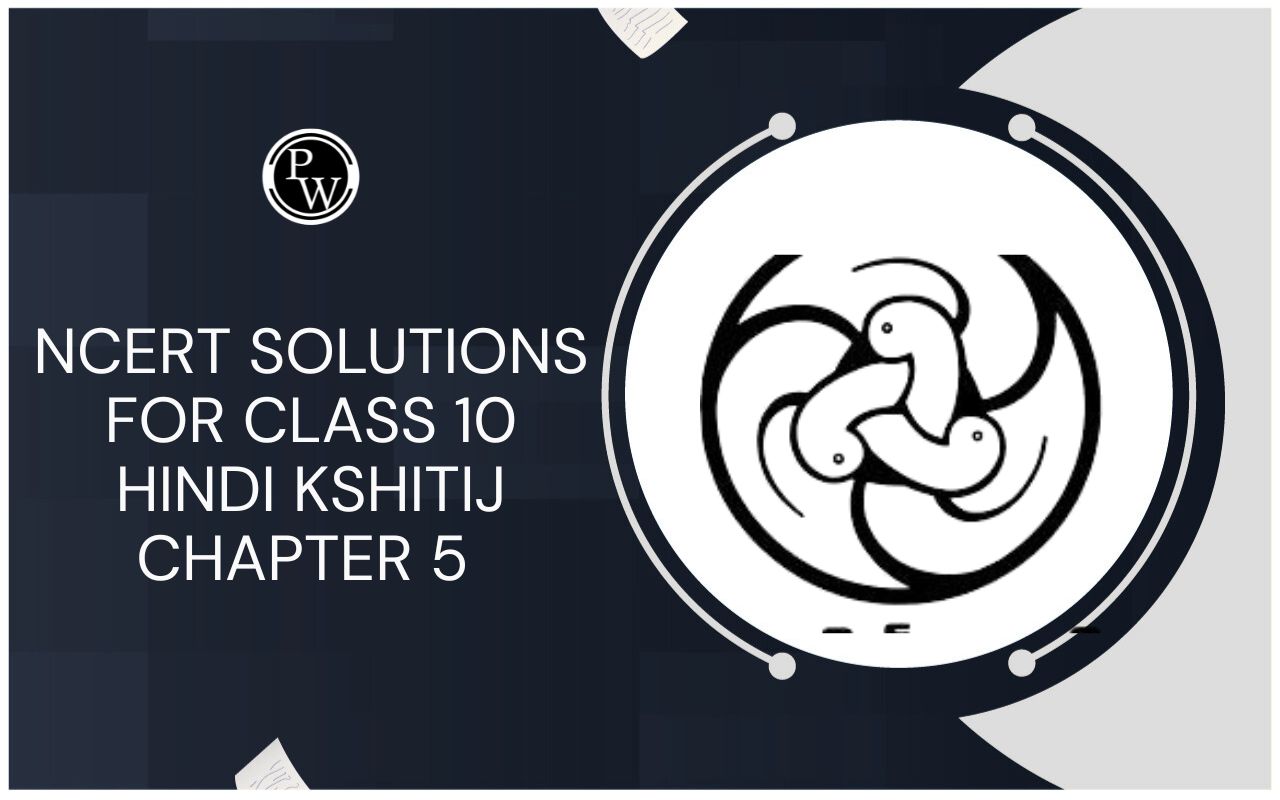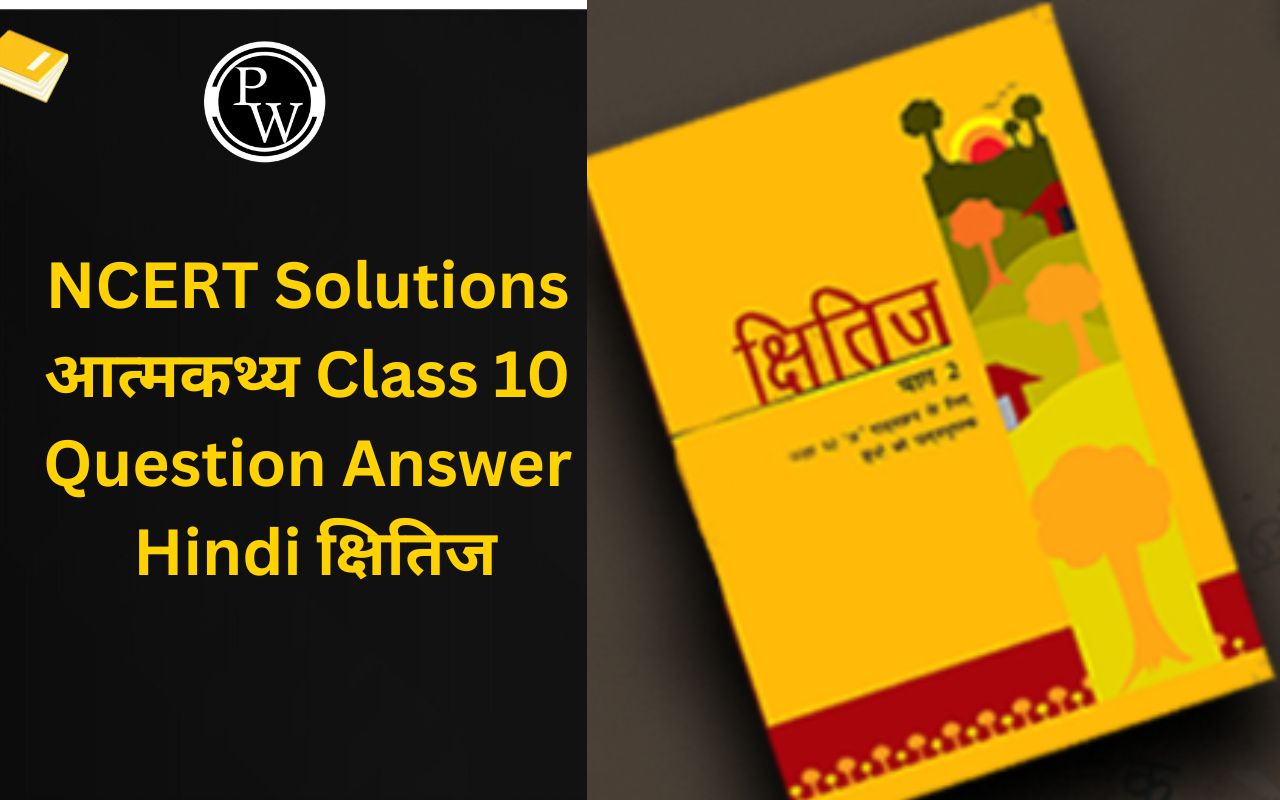
Verbs: A verb is a word in English that tells us what someone or something is doing or how they feel. It's like an action word or a word that shows a state of being. For example, "run," "eat," and "sleep" are verbs that show actions, while "is," "am," and "were" are verbs that show a state of being. Verbs are really important in making sentences because they help us understand what's happening in the sentence.
Verbs in English
A verb is a special word in English that helps us understand what the subject of a sentence is up to. Verbs can show actions, like running or thinking, and even tell us if something just 'is.' So, verbs are like the action heroes of our sentences!Examples:
- She dances gracefully.
- The cat purrs contentedly.
- They are playing outside.
List of Verbs in English
In English, verbs take on various forms to express actions, tenses, and states. The base form is the simplest, used for present tense and infinitive phrases (e.g., "run" or "to run"). Past simple forms describe past actions, with regular verbs adding -ed and irregular verbs having unique past forms (e.g., "walked" or "ran"). Past participles are for past perfect tenses and passive voice (e.g., "had walked" or "was written"). Present participles (ending in -ing) indicate ongoing actions (e.g., "running") in the present. Infinitives, introduced by "to," are used with specific verbs and adverbs. Gerunds (e.g., "running") function as nouns, often as subjects, objects, or after prepositions. These forms help convey a range of meanings and tenses in English.| Verbs Forms | ||
|---|---|---|
| Form | Example (with the verb "run") | Rule |
| Base Form | run | Basic form used for simple present tense and infinitive phrases. |
| Past Simple | ran | Describes past actions; add -ed to regular verbs (e.g., "I walked") or use an irregular form (e.g., "I ran"). |
| Past Participle | run | Used in past perfect tenses and passive voice; regular verbs add -ed (e.g., "I had walked") or use an irregular form (e.g., "The book was written"). |
| Present Participle | running | Used in present continuous and progressive tenses; formed by adding -ing to the base form (e.g., "I am running"). |
| Infinitive | to run | Used after certain verbs and with modifiers like adverbs; formed by using "to" before the base form (e.g., "I want to run"). |
| Gerund | running | Verb used as a noun; formed by adding -ing to the base form (e.g., "Running is good exercise"). Commonly used as subjects, objects, and after prepositions. |
Verbs Forms
In this section, we will discuss the broad section of Verbs Forms. There are different types of Verbs that express actions, occurrences, or states of being. Check the list of various Verbs Forms given below:Verbs Refers to Action
Check the list of Verbs refers to Action in the table given below:| Verbs Refers to Action | ||||
|---|---|---|---|---|
| Verb | Base Form | Past Simple | Past Participle | Present Participle |
| Run | Run | Ran | Run | Running |
| Jump | Jump | Jumped | Jumped | Jumping |
| Eat | Eat | Ate | Eaten | Eating |
| Dance | Dance | Danced | Danced | Dancing |
| Write | Write | Wrote | Written | Writing |
| Sing | Sing | Sang | Sung | Singing |
| Swim | Swim | Swam | Swum | Swimming |
| Play | Play | Played | Played | Playing |
| Climb | Climb | Climbed | Climbed | Climbing |
| Cook | Cook | Cooked | Cooked | Cooking |
Verbs Refers to Experience And Feelings
Check the list Verbs refers to Experience And Feelings in the table given below:| Verbs Refers to Experience And Feelings | ||||
|---|---|---|---|---|
| Verb | Base Form | Past Simple | Past Participle | Present Participle |
| Feel | Feel | Felt | Felt | Feeling |
| Taste | Taste | Tasted | Tasted | Tasting |
| Smell | Smell | Smelled | Smelled | Smelling |
| See | See | Saw | Seen | Seeing |
| Hear | Hear | Heard | Heard | Hearing |
| Touch | Touch | Touched | Touched | Touching |
| Sense | Sense | Sensed | Sensed | Sensing |
| Perceive | Perceive | Perceived | Perceived | Perceiving |
| Detect | Detect | Detected | Detected | Detecting |
| Enjoy | Enjoy | Enjoyed | Enjoyed | Enjoying |
Verbs Refers to State or Condition
Check the Verbs forms refers to State or Condition in the table given below:| Verbs Refers to State or Condition | ||||
|---|---|---|---|---|
| Verb | Base Form | Past Simple | Past Participle | Present Participle |
| Be | Be | Was/Were | Been | Being |
| Exist | Exist | Existed | Existed | Existing |
| Seem | Seem | Seemed | Seemed | Seeming |
| Appear | Appear | Appeared | Appeared | Appearing |
| Belong | Belong | Belonged | Belonged | Belonging |
| Contain | Contain | Contained | Contained | Containing |
| Suffer | Suffer | Suffered | Suffered | Suffering |
| Possess | Possess | Possessed | Possessed | Possessing |
| Matter | Matter | Mattered | Mattered | Mattering |
| Resemble | Resemble | Resembled | Resembled | Resembling |
Types of Verb
There are several types of Verb in an English Language which have different functions.- Helping Verbs
- Transitive and Intransitive Verbs
- Regular Verbs
- Irregular Verbs
- Modal Verbs
- Phrasal Verbs
- Finite Verbs
- Non Finite Verbs
- Linking Verbs
- Stative Verbs
- Action Verbs
1. Helping Verbs/Auxiliary Verbs
Helping verbs , also known as auxiliary verbs, are a group of verbs used in conjunction with the main verb to create verb phrases. They "help" the main verb by providing additional information about the verb's tense, mood, aspect, or voice. Helping verbs are an essential component of English grammar, as they allow us to express a wide range of meanings and nuances in sentences. Common helping verbs in English include:- To be: am, is, are, was, were, been, being
- To have: have, has, had, having
- To do: do, does, did
- "I am running." (Expresses the present continuous tense)
- "She has eaten." (Indicates the present perfect tense)
- "He did write." (Forms a question in the past tense)
2.Transitive and Intransitive Verbs
Transitive and intransitive verbs are two categories of verbs that describe how the action or state of the verb relates to its objects in a sentence:1. Transitive Verbs:
- Transitive verbs are verbs that require a direct object to complete their meaning. A direct object is a noun or pronoun that receives the action of the verb.
- In a sentence with a transitive verb, you can ask "what" or "whom" to find the direct object.
2. Intransitive Verbs:
- Intransitive verbs, on the other hand, do not require a direct object to complete their meaning. They stand alone in a sentence and do not transfer the action to an object.
- In a sentence with an intransitive verb, you cannot ask "what" or "whom" to find a direct object.
3. Regular Verb
A regular verb in English is a verb that follows a typical or regular pattern when conjugated to form different tenses and verb forms. The regular pattern involves adding the suffix "-ed" to the base form of the verb to create the past tense and past participle forms. Regular verbs are consistent in their conjugation, making them relatively easy to work with. For example, here's how a regular verb (e.g., "walk") is conjugated:- Base Form: walk
- Past Simple: walked
- Past Participle: walked
- Present Participle: walking
4. Irregular Verb
An irregular verb in English is a verb that does not follow the typical or regular pattern when conjugated to form different tenses and verb forms. Instead of adding the suffix "-ed" to the base form of the verb to create the past tense and past participle forms, irregular verbs have unique, often unpredictable, forms for these tenses. Irregular verbs can take various forms in the past tense and past participle, and they need to be memorized because they do not adhere to a consistent pattern. Some examples of irregular verbs and their forms include:- Base Form: go
Past Simple: went
Past Participle: gone
- Base Form: be
Past Simple: was/were
Past Participle: been
- Base Form: have
Past Simple: had
Past Participle: had
5. Modal Verbs
Modal verbs, also known as modal auxiliaries or modal auxiliaries, are a specific group of auxiliary (helping) verbs in the English language that express the mood, attitude, or modality of an action or state described by the main verb in a sentence. Modal verbs are used to convey various shades of meaning such as possibility, necessity, ability, permission, and more. Can, Could, Shall, Might etc are some common Modal Verbs.6. Phrasal Verbs
Phrasal verbs are combinations of a main verb and one or more particles, which are typically prepositions or adverbs. These combinations create unique meanings that often differ from the individual meanings of the verb and particle. Phrasal verbs are an integral part of the English language, but they can be challenging for learners because their meanings are not always predictable based on the meanings of the individual words.For Examples:
- "Break down" (verb + adverb): To stop functioning properly.
- "Give up" (verb + preposition): To quit or surrender.
- "Take off" (verb + adverb): To become airborne, like a plane, or to remove clothing quickly.
- "Look forward to" (verb + preposition): To anticipate something with pleasure.
7. Finite Verbs
A finite verb is a verb that is inflected for person and tense and can stand alone as the main verb in a sentence. It is used to indicate the grammatical subject of a sentence, typically showing the subject's number (singular or plural) and the tense of the action (past, present, or future). Finite verbs are used to create complete and grammatically correct sentences, and they carry the primary information in the sentence. For example, in the sentence "She walks to the park," the finite verb is "walks." It indicates the subject "She" and is inflected for the present tense, showing that the action is happening now.8. Linking Verbs
Linking verbs, also known as copular verbs, are verbs that connect the subject of a sentence with a subject complement (an adjective, noun, or pronoun) that renames or describes the subject. Rather than expressing an action, linking verbs serve to equate or identify the subject with the complement, allowing us to provide more information about the subject's state, condition, or characteristics. Common linking verbs in English include:- To be (am, is, are, was, were, been, being)
- Seem
- Appear
- Become
- Feel
- Look
- Sound
- Smell
- Taste
- Grow
9. Stative Verbs
Stative verbs, also known as state verbs or non-action verbs, are a specific category of verbs in the English language. Stative verbs describe a state, condition, or situation that is static or unchanging. Unlike action verbs, which depict actions or dynamic processes, stative verbs convey characteristics, emotions, feelings, mental states, or states of being. Examples of stative verbs include:- Like (expressing a feeling or preference)
- Be (indicating a state of being)
- Know (relating to knowledge or awareness)
- Believe (expressing a belief or opinion)
- Belong (describing possession or membership)
10. Action Verbs
Action verbs, also known as dynamic verbs, are a category of verbs in the English language that describe actions, activities, or processes. These verbs indicate physical or mental actions that someone or something is performing, and they often convey a sense of motion or change. Action verbs are essential for creating dynamic and vivid descriptions in sentences. Examples of action verbs include:- Run (physical action)
- Dance (physical action)
- Think (mental action)
- Write (physical action)
- Sing (physical action)
- Eat (physical action)
- Jump (physical action)
- Swim (physical action)
- Speak (communication action)
- Create (physical or mental action)
Verb Forms
A verb is like a word that tells us when something happens. It helps us understand if an action is taking place now, happened in the past, or will happen in the future. To do this, verbs have different forms. Let's explore these special verb forms:- Sometimes a verb looks one way when it's happening right now.
- Sometimes it changes a bit when it happened in the past.
- And sometimes it gets a little help to talk about the future.
Root Verb
Think of a verb as a word that shows when things happen. But did you know that every verb has its very own starting point? It's called the 'root verb.' This is the verb's original form before it adds any extra bits. Let's check out some examples of these 'root verbs':- Eat (when you enjoy a meal)
- Sit (when you take a seat)
- Stir (mixing things up)
- Type (like when you're writing or texting)
- Read (what you do with books)
- Fry (cooking with hot oil)
- Tick (like a clock telling time)
- Shift (when things change or move)
- Trick (having fun or making magic)
- Sing (creating beautiful music)
Simple Present – Third Person Singular
Let's talk about a special rule for verbs. You see, when we're talking about something happening right now, in the present, and it involves just one person or thing, we often add an 's' to the verb. This rule applies when we're talking about 'he,' 'she,' 'it,' or things that 'he,' 'she,' or 'it' does. For example:- Kenny likes mangoes after every meal. (This means 'he likes mangoes.')
- The cat chases every rat it sees. (That's like saying 'it chases the rat.')
Present Participle
The present participle is used when we want to show an action that's happening right now, or that happened in the past, or even in the future. To make these words, we simply add 'ing' to most verbs. But, if a verb ends with an 'e,' we usually drop the 'e' and then add 'ing' to the rest of the word.For example:
- Play becomes playing
- Dance becomes dancing
- Write becomes writing
Simple Past
Verbs change when we talk about the past. There's no one rule for all verbs. Some, like 'give' and 'bring,' change a lot. Others, like 'cut' and 'put,' don't change at all. But for most verbs, we make them past tense by adding 'ed' to the end.For example:
- The doctor asked me to take tablets for ten days. (The root verb is 'ask')
- Nelson bought the car he checked out last week. (The root verbs are 'buy' and 'check')
Past Participle
We use the past participle when we want to talk about something that happened in the past perfectly. Now, the interesting part is that sometimes the past tense and the past participle look the same, but sometimes they like to change.For example:
- I have searched the entire loft for that box, but I did not find it. (Here, 'search' is the root verb. 'Have searched' shows the perfect tense, and 'searched' is the past participle.)
Gerunds
A gerund is a special form of a verb that's created by adding 'ing' to the root verb. When a gerund stands on its own, it acts like a noun, which means it can be a person, place, thing, or idea. But when we team it up with helper verbs, it becomes a verb, showing actions that happen at specific times.For example:
- He is eating an apple. (Here, 'eating' is a gerund that acts like a verb.)
- Joy will be coming home next week. (In this case, 'coming' is a gerund showing an action in the future.)
Infinitives
Infinitives are special word combinations that turn verbs into nouns. We create an infinitive by adding 'to' in front of the root verb. This helps us talk about actions in a different way, as if they're things we like or want to do.For example:
- Would you like to have something? (In this sentence, 'to have' is an infinitive functioning as a noun.)
| Related Article Links | |
| Parts of Speech | Nouns |
| Pronouns | Abstract Nouns |
| Common Nouns | Relative Pronouns |
Verbs FAQs
What are 4 types of verbs?
What is the definition of Verb?

